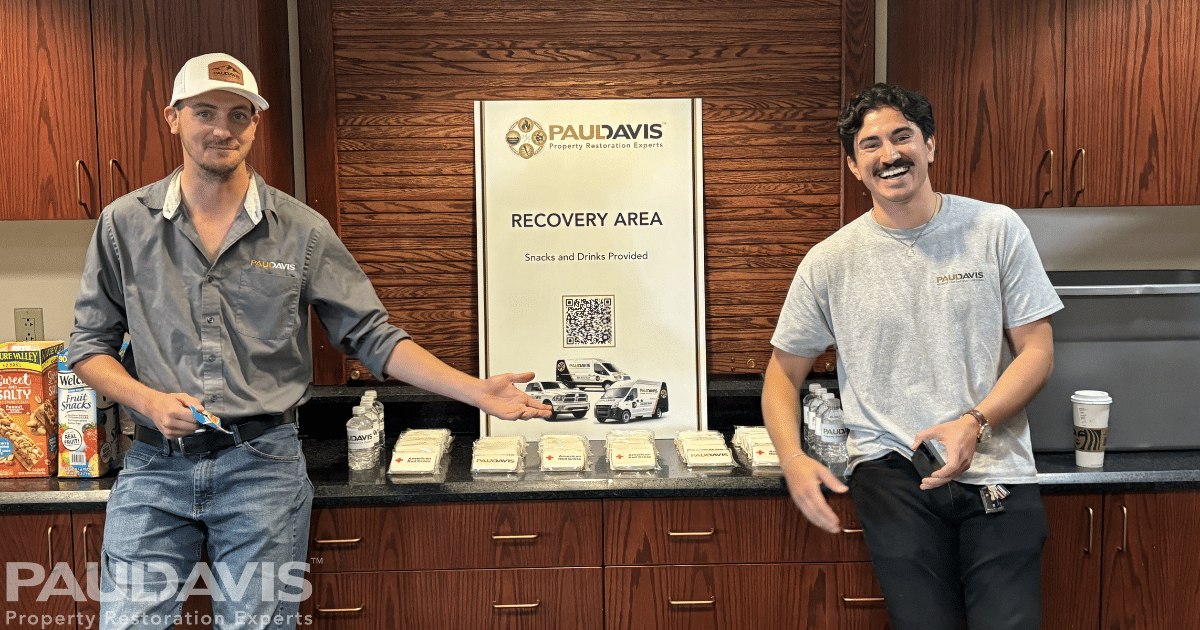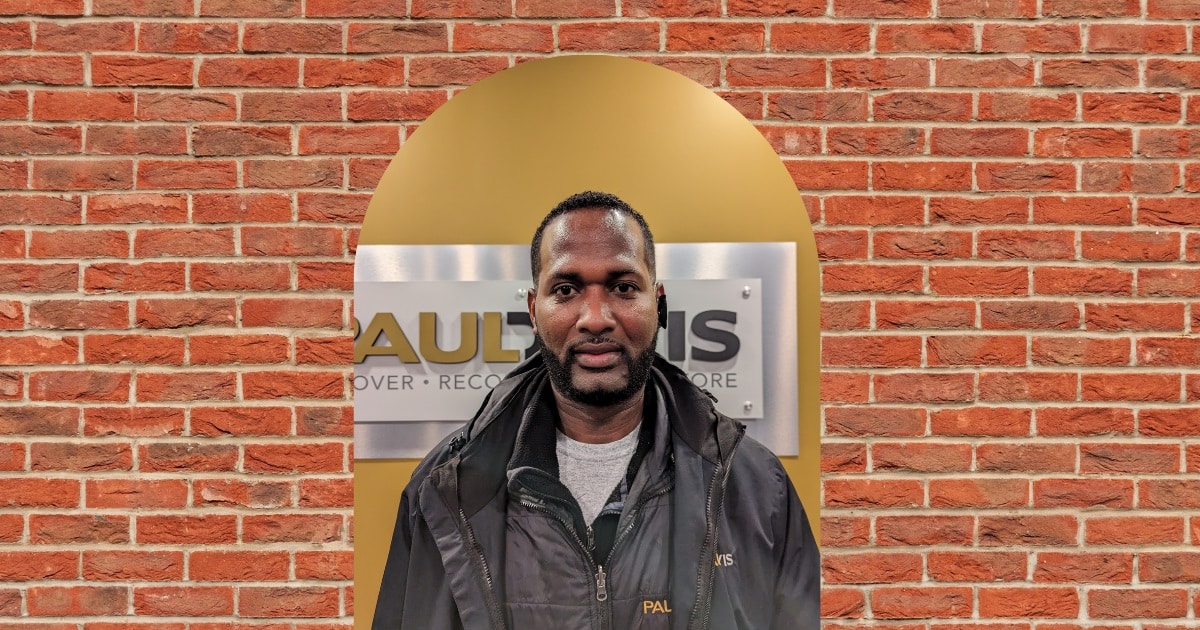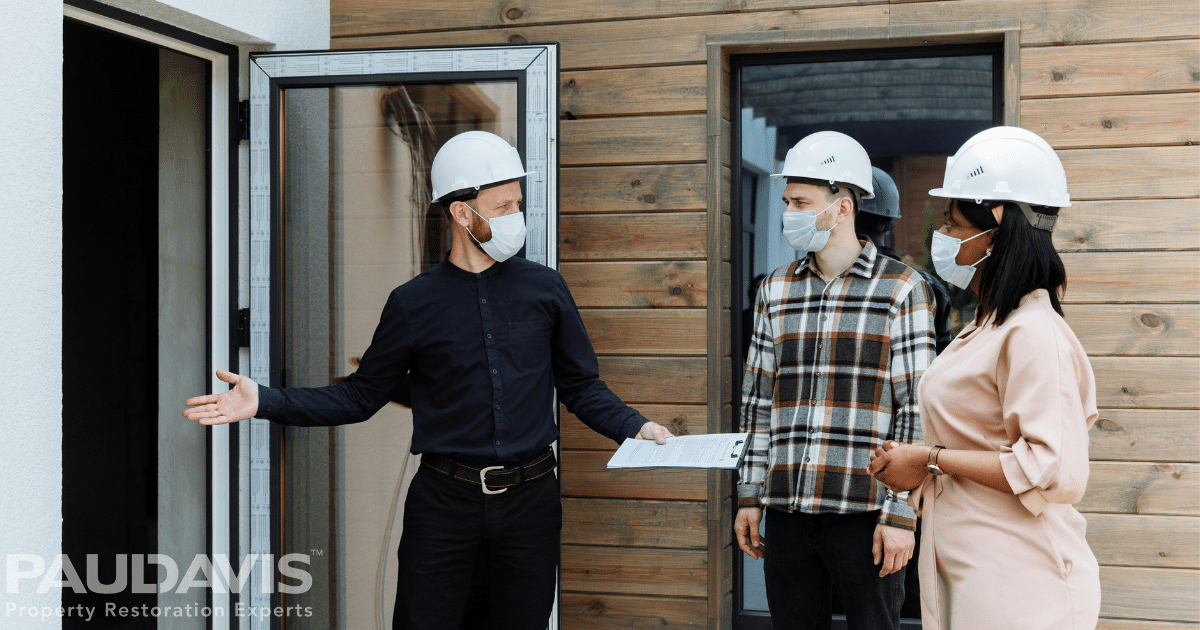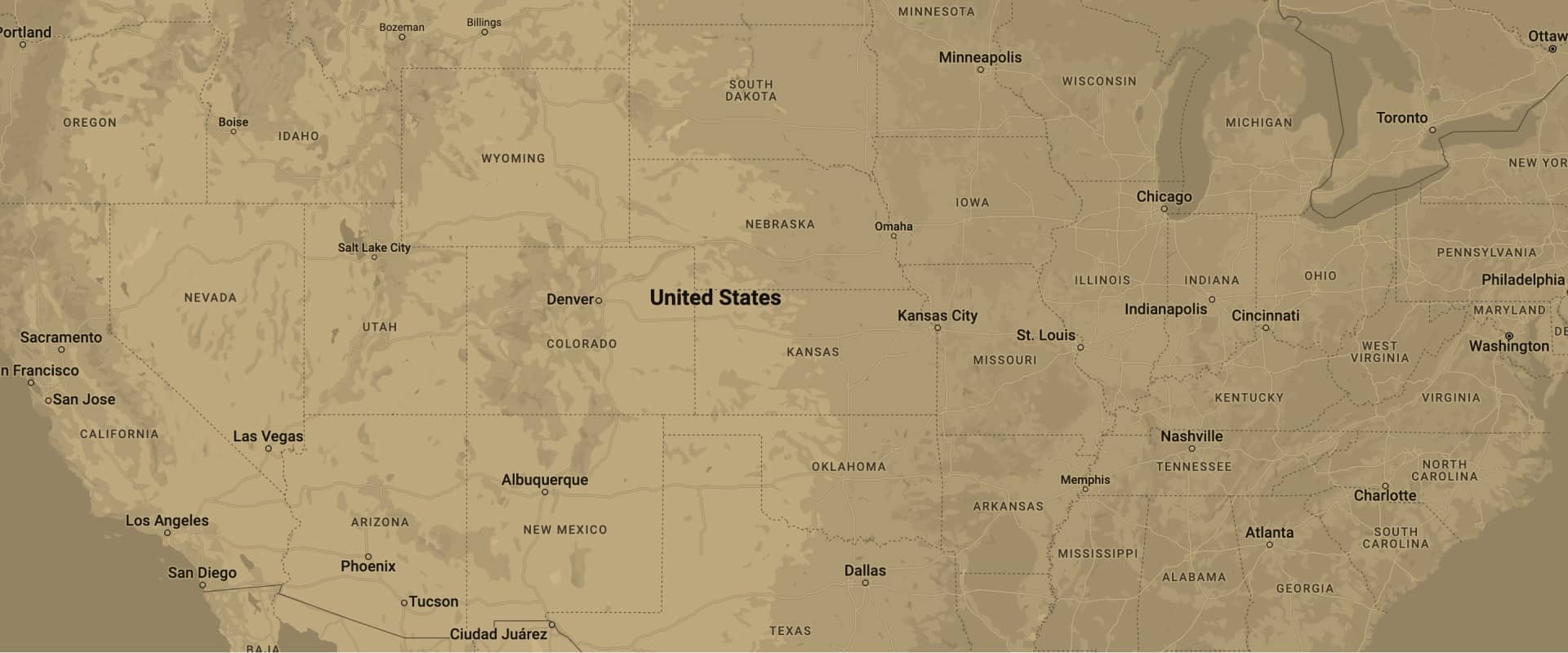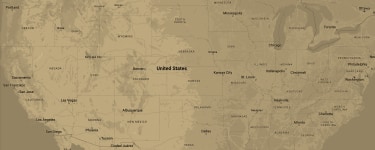
When lungs congest and a ticklish cough begins, thoughts immediately turn to what we see in the news: COVID-19 infection. Often, however, symptoms like this that pop up in autumn come from another common challenge that gets far less sensational press: mold.
“When people retreat indoors as fall begins, we hear complaints about indoor irritants. The source of the problem may be mold growth somewhere in the house,” says Kevin Sullivan, President of Paul Davis of Northern Virginia. “Frequently, we’ll find it in one or more of four locations: crawl spaces/basements, bathrooms, laundry rooms and attics.”
Mold can cause serious health problems such as eye irritation, wheezing, shortness of breath, fatigue, headaches and difficulty concentrating. A young, healthy person without health challenges may tolerate mold with few side effects. The same exposure can devastate an infirm or immune-compromised person. Even low levels may affect people with pre-existing conditions like asthma and allergies.
We’ve all heard about “black mold” – that’s one mold type that has made many shocking headlines. How can you tell if the mold in your home is dangerous? “Don’t try to assess levels of risk and don’t spend time on whether it’s green or black or any other color,” Sullivan cautions. “Professionals have the resources and expertise you need.”
Experts agree: hire a qualified remediation professional if mold is detected. Trained technicians assess the mold, inspecting hidden areas inside walls and under carpets as well as hard to access locations like crawl spaces. They use specific processes and apply tested products to treat it safely. Technicians also identify and correct the source of water to prevent future growth.
It’s worth reflecting, too, that nearly all of our planet’s 200,000 species of mold – a specific type of fungi that grows through multi-celled filaments – aren’t dangerous. Found in a rainbow of colors, they are earth’s most important recyclers and yield some items we’re particularly fond of like yeast, truffles and mushrooms. Truly, humans as a species would be in a sorry state if we banished these tiny organisms completely.
Concerned about mold and whether it could cause health problems for your family? Wondering if mold might be the source of recent health challenges? The experts at Paul Davis are ready to help.

